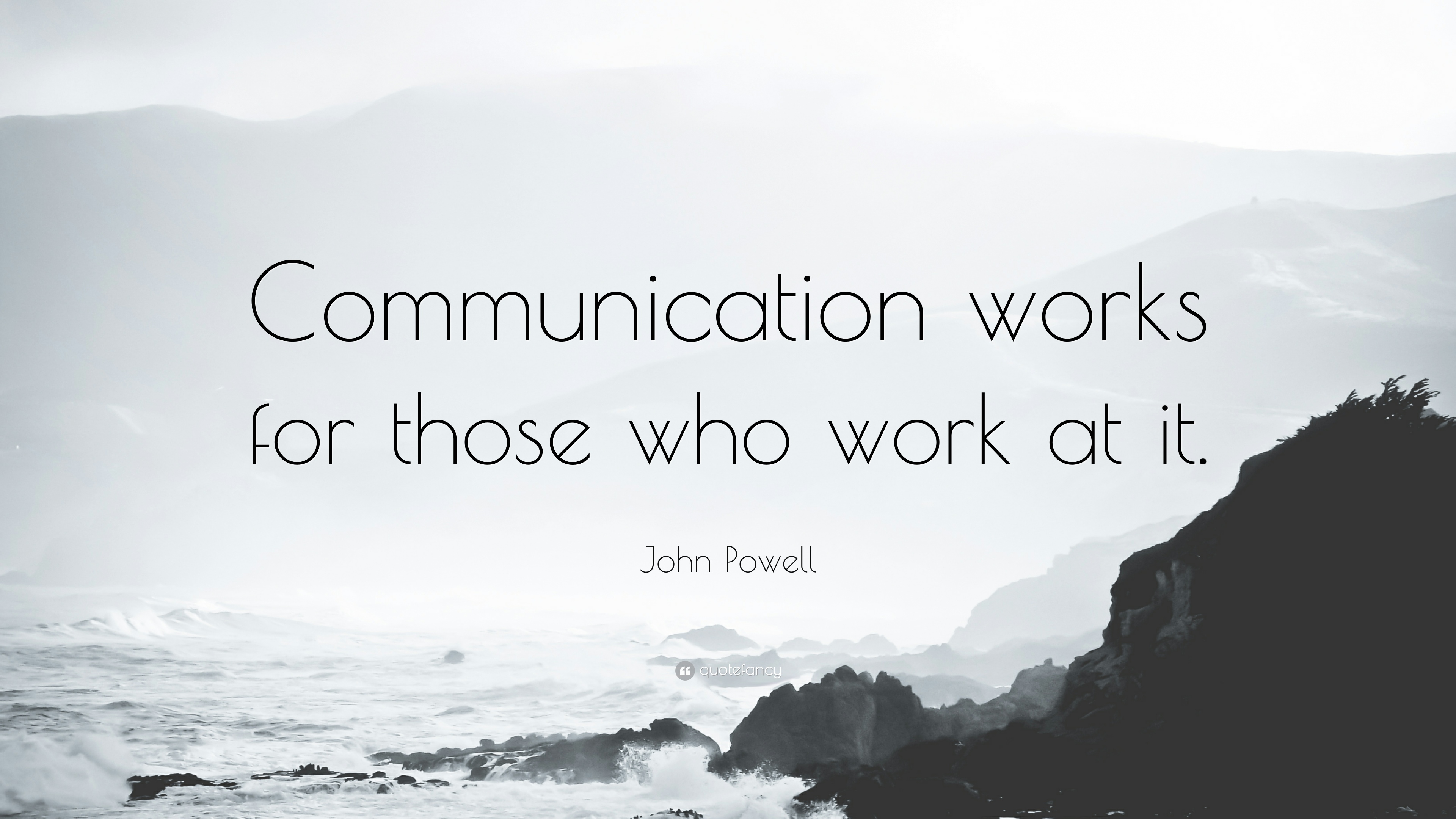Posted by Mindy Tulsi-Ingram on 24th Apr 2020
The Art of Conversation
In response to the spread of Covid-19, social life as we know it has had to adapt quickly. As societies across the globe continue to discourage group gathering, we all must shift the ways we communicate with our friends and family. No longer can we connect with girlfriends over cocktails, chat with neighbours at a bbq, or meet your parents at a film screening. Much of the way we connect with people has had to move to extended one-on-one conversations.

Personally, I have found navigating this change challenging. I find myself reprising the same information to different friends, which can be tedious. My conversations are mostly comprised of updates: I keeping others informed about the ins-and-outs of my day and, in turn, receive their updates. While this information exchange is important for ensuring everyone is healthy and safe, I have recently been on the hunt to make my conversations with loved ones more valuable and substantive. Here are some choices I’ve made to enhance my daily communications; I hope they help you to have more meaningful conversations:

- Opt for a Video Chat
A conversation that incorporates the visual element is more intimate than a phone call. When you’re seen, you more likely devote your whole attention to the conversation, which will allow you and your conversation partner to feel comfortable opening up. Moreover, when you can see your friend or family member in their home, it will create a sense of shared space and feel a lot more personal than just a voice call. - Describe Your Needs
Everyone is processing this new reality in differently. Some are practical, while others are emotional. If you’re like me, your mood and needs vary widely from day to day. Don’t expect the people in your life, even those you’re regularly seeing, to know what to say. Describe your needs to the people in your life, request to broach topics. Nobody has a crystal ball, so it’s best to inform others how you need to process. - Say No!
Even though you are not going out, you might be socializing more than you can handle right now. Just because you're available doesn't mean you have to say yes to every request to chat from an old college buddy. You are still able to draw boundaries if you need to, even if that means you need a day or two away from any conversations whatsoever. - Write It Out
Sometimes what we want to say comes out wrong when we open our mouths! Maybe you need to privately express your experience in writing before you try to explain it to anyone else. These times are presenting unprecedented challenges. Writing down your experience first, before you try to explain it to someone else, might allow you to have a more satisfying conversation. - Talk About Art
It’s good to get a break from corona-based conversation every once and awhile. A good way to talk about something that feels external to your life is to chat about a piece of art you and your conversation partner both took in. Watch the same film or read the same book and then come together to discuss it. Not only will this offer some time away from thoughts regarding our predicament, but your friend’s perspective will take you deeper into the material. - Listen Generously
It’s easy to get wrapped up in our experiences, but now is a great time to practice listening with your whole self. When talking to others, devote all your attention to processing their words. If I find myself tuning out, I sometimes practice an exercise where I repeat all the words coming from my conversation partner’s mouth in my own head but change the pronouns. For example, if my friend says, ‘I’m feeling very tired at the end of the day”, I convert it to, “He’s feeling very tired at the end of the day”. - Engage with the News
This may seem counterintuitive, but it will serve you to feel connected to the broader conversation happening across the globe. Read opinion pieces, news from different sources, be critical, log onto social media. Try to engage with the different voices leading the charge to take on this crisis and have an opinion. It will help you feel connected to the global effort. - Play Games
I’ve been enjoying the simple game 20 Questions with my partner. Usually a game like this will keep your mind active, but it will also invite unexpected avenues for conversation (in our case, a long debate about the fame of Carey Grant verses Humphrey Boggart). Additionally, mobile apps like Houseparty allow you to play party games on your phone during group video calls.

As we stay separated, our conversations will continue to take place at a distance. I encourage you to keep them from becoming a chore by trying some of the above strategies. Mix things up, make offers to your loved ones for new topics and activities. By the time we come out of quarantine, we will all be conversational virtuosos.

